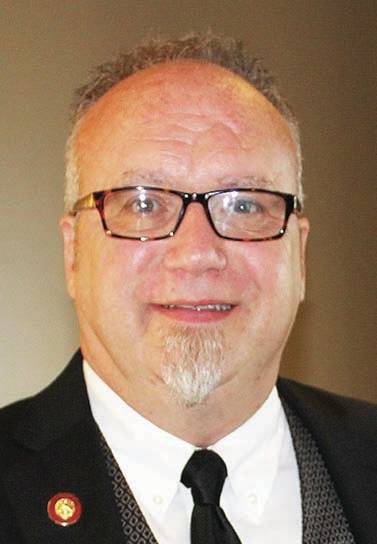BLEVINS: College during troubled times?
Published 5:35 pm Thursday, April 23, 2020

- Vivian Blevins
|
Getting your Trinity Audio player ready...
|
By Vivian Blevins
Contributing columnist
I was speaking to a long-time friend recently who indicated that two of her grandchildren are reluctant to make a decision about college this fall – to make a financial and academic commitment without knowing the nature of what they are buying. “Caveat emptor” is a Latin phrase we know even if we have not taken high school Latin. With concerns about the rising costs of college tuition, the overwhelming student loan debts, the massive unemployment of this year’s college graduates, we know that a college education is a huge investment.
To go or not to go? That is the question.
College administrators are feeling this cloud of uncertainty as are students. Will there be a dramatic decline in enrolment, necessitating cuts to the class schedules and termination of faculty- especially adjuncts who are the most cost-effective line in their budgets?
Faculty who believe that a college education is more than on-line courses, as innovative and effective as some are, or who view co-curricular activities from sports to study abroad as essential are wondering what the “new normal” will be and whether there is a place for them in this altered environment.
Administrators, faculty, students, and those who pay students’ bills are asking questions which have no immediate answers.
As a person who has spent her adult life in all levels of higher education, I’d like to make some recommendations for selecting a college when you’re ready, realizing that choices are often limited by financial considerations and family obligations.
- Foremost, be certain that the college/university is regionally accredited. Don’t be fooled by a long list of memberships: you’re looking for “Colleges with Regional Accreditation.” There are seven of them according to the part of the country where the school, college , university is located. You don’t want to read in your newspaper that your sweet little college where everyone was so solicitous just closed down and no legitimate college will accept your credits.
- Be certain that your major meets your talents and personality. Go on-line and take the Type-Focus assessment. Yes, this takes a good bit of your time, but would you make a huge purchase without investigating it first?
- Will employment after college be important to you? I hope so. Go on-line to Occupational Outlook Handbook, produced by the U.S. Bureau of Labor statistics. See what the job outlook is for your major, the requirements, and the pay level. Forget all the talk about pursuing your passion if the job outlook is grim in that major. Pick a major with a positive employment future and relegate that passion to a more peripheral part of your studies if you must have it in your life.
- If safety is important to you, check out the college’s report to the Federal government on campus crime.
- If being in classes with persons who are as brilliant as you is important, see if that college has an honors program. Intelligent, highly-motivated students need to be in classes with students like themselves. It’s easy to underperform if those around you are lackadaisical about academics.
- Check out the faculty, especially in your major field of study. Does the college invest in faculty with excellent credentials who can help you on your career trajectory?
- Where is the college located? In a very small town? In a city? Are there opportunities for internships, cooperative education, work/travel abroad?
- Finally, look for excellence in diversity: in curriculum, in employees, in co-curricular activities. The U.S. population demands employees who are open to work successfully with persons like and unlike themselves.
If you do think critically about the important decision of selecting a college, you might learn that you are not a match with the colleges your friends are attending or the college that your parents or siblings attended.
I wish you well with your decision. We take our education with us for the remainder of our lives, and good decisions at this juncture are critically important. You need as Emerson says, self-reliance as you make this important decision.





